🌍 Frontier Markets News, July 5th 2025
A weekly review of key news from global growth markets

Africa
Zambia launches its biggest solar project yet
Zambia on Monday cut the ribbon on its biggest grid-connected solar power plant, Reuters reported. The 100 megawatt Chisamba power plant was built by PowerChina, and will help reduce the country’s reliance on its southern African neighbors such as Mozambique and South Africa for power.
Zambia is heavily dependent on hydropower electricity, but recent severe droughts have highlighted the need to diversify its energy mix, President Hakainde Hichilema said. Recent water shortages have forced its state utility, Zesco, to ration electricity.
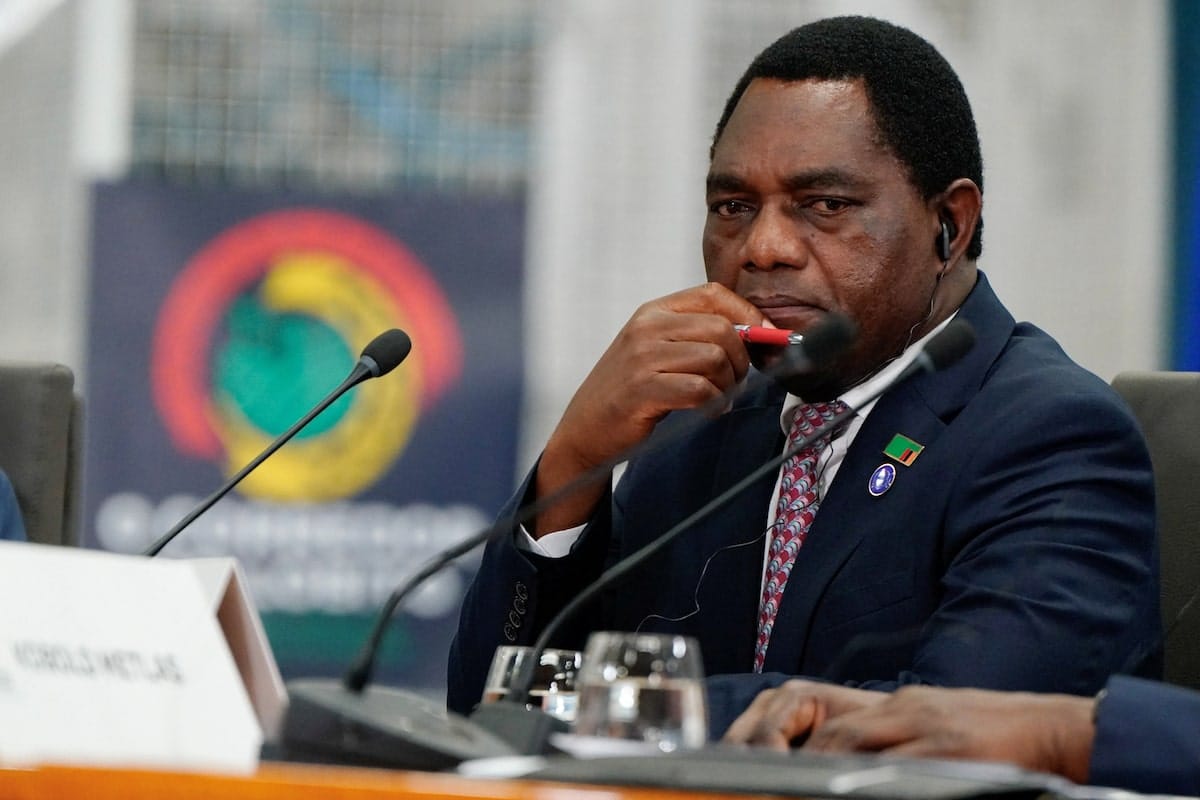
Chisamba will also feed electricity to copper miner First Quantum Minerals, Hichilema said, which will help free up capacity on the grid for Zambians. There are plans to add another 100 MW to the project in the future, but no timeline has been released yet.
Afreximbank faces another rating dowgrade
Ratings firm Moody’s this week downgraded the African Export-Import Bank closer to junk status, Bloomberg reports. The group cited “unsecured lending to sovereigns under stress” that has “introduced significant risks” as the reason for its move.
Moody’s cut Afreximbank's rating from Baa2 to Baa1, just two rungs above “speculative,” which would have consequences for the pool of funds allowed to invest in its debt. The agency also changed Afreximbank’s outlook from “stable,” to “negative.” Last month, fellow ratings firm Fitch downgraded the bank’s rating from BBB to BBB-.
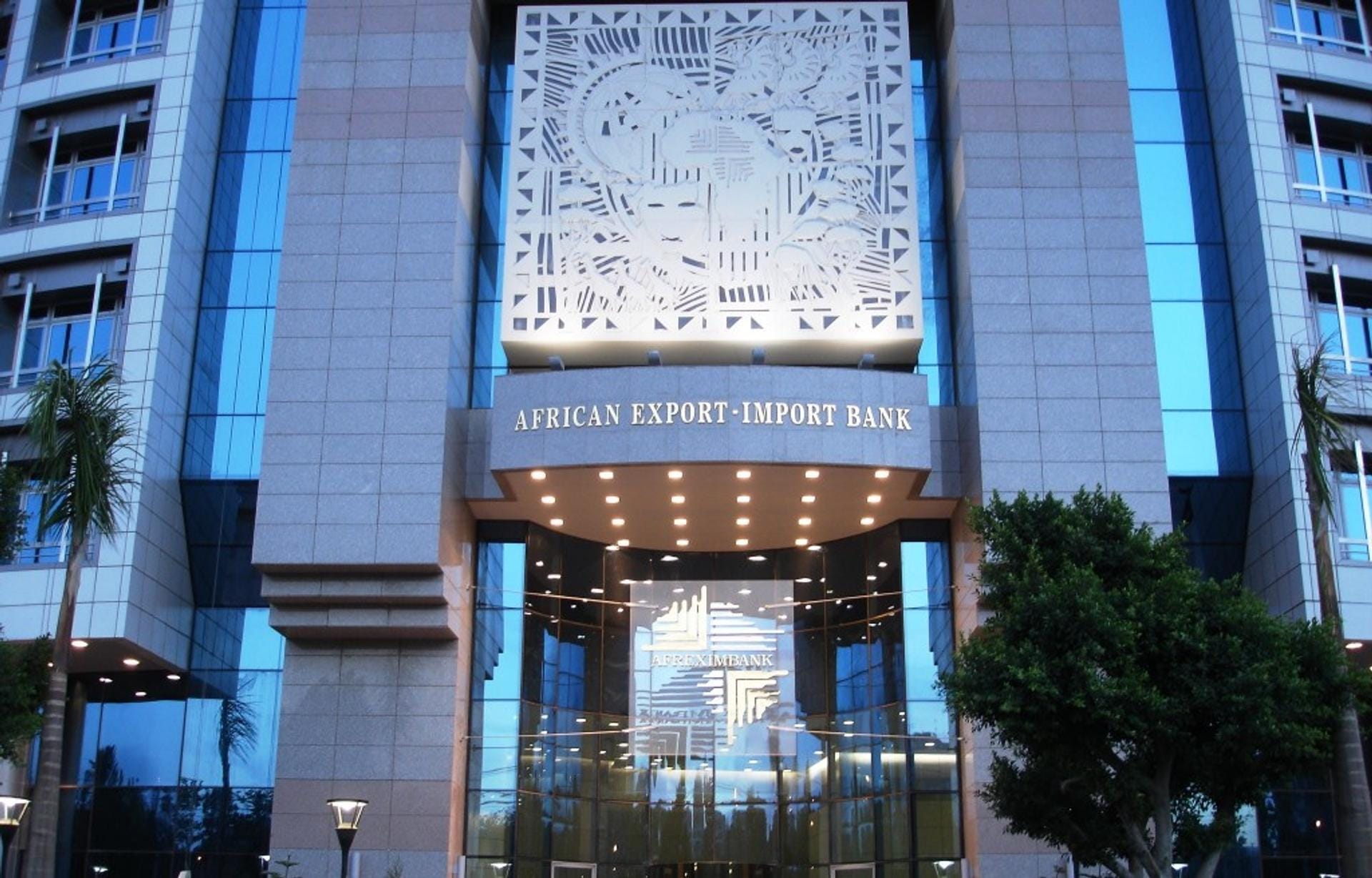
Other African-based firms have disputed the analysis, with the CEO of Johannesburg-based Standard Bank saying his own institution’s analysis does not match the so-called Big Three ratings firms’. While Afreximbank did not immediately comment on Moody’s update, it said that Fitch’s was “hinged on erroneous” views. Last week, Afreximbank appointed George Elombi, a Cameroonian who has two decades’ experience at the bank, as its next president.
Trump to hold first African leaders’ summit of his term
US President Donald Trump announced he will host five African leaders next week from July 9–11, to discuss “economic opportunities,” Semafor reports. Heads of state from Gabon, Guinea-Bissau, Liberia, Mauritania and Senegal will attend the summit in Washington.
Trump’s team had previously announced that it was organizing a wider summit with African countries in September. Next week’s meeting comes on the heels of the US-Africa Business Summit in Angola, that led to deals and commitments worth some $2.5 billion. It also follows a successful White House effort to broker a peace deal between Rwanda and Democratic Republic of Congo to put an end to months of fighting.
The new administration is focusing its Africa diplomacy on increasing business opportunities rather than supporting humanitarian aid programs, which were sharply cut earlier this year. Next week’s meeting is likely to focus on West Africa’s critical minerals sector, according to sources familiar with the plans.
Asia
Vietnam inks trade deal with US
The US and Vietnam have agreed to a trade deal that will impose lower tariffs on goods flowing between the two countries, the New York Times reports.
The agreement, announced by US President Donald Trump on Wednesday, stipulates that Vietnamese goods entering the US will face a 20% tariff. Goods shipped through Vietnam from a third country will be charged twice as high a levy. Vietnam will not charge a tariff on American products.
Trump had previously threatened a 46% tariff on all Vietnamese goods.
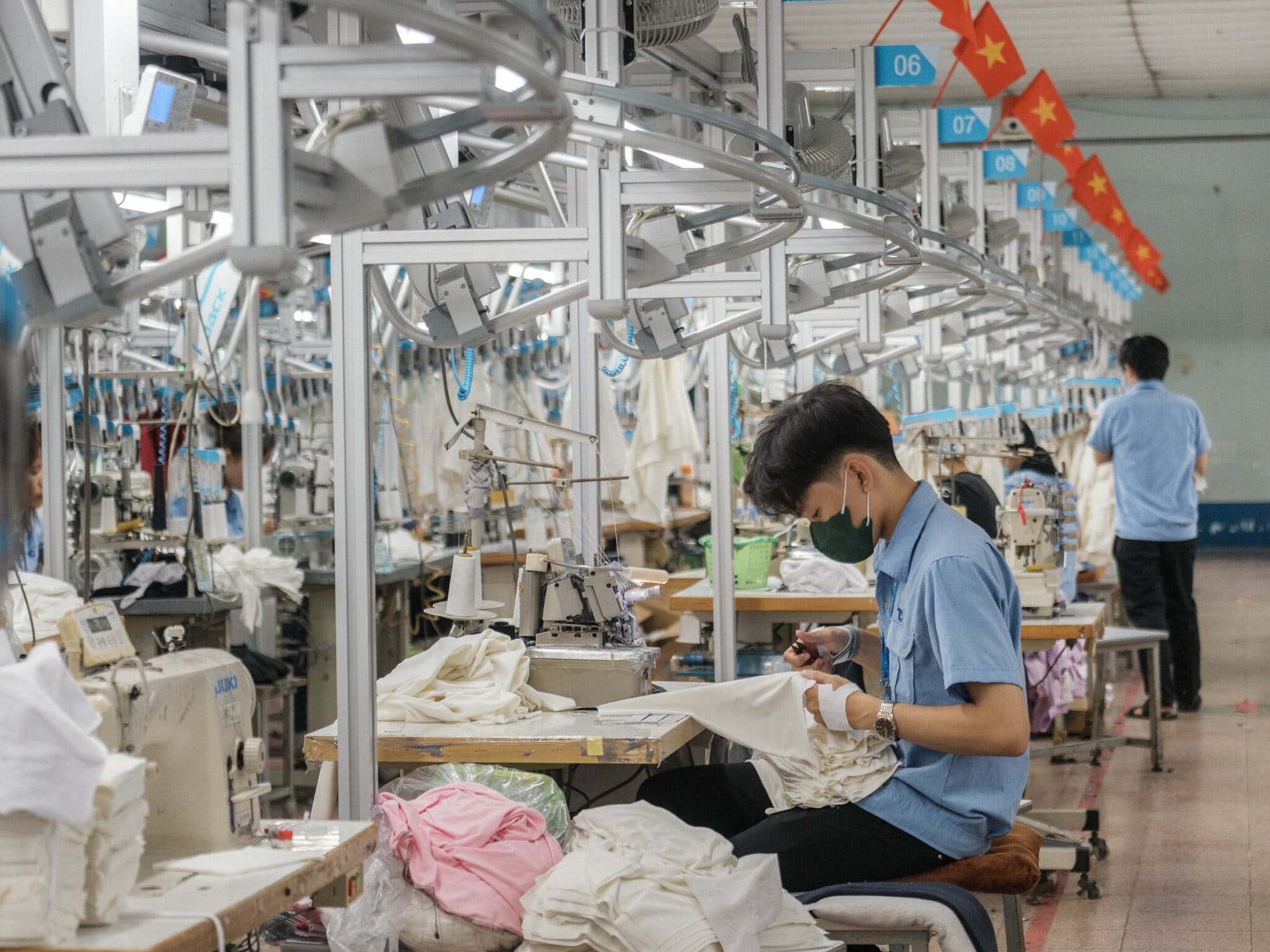
The deal—the first between the US and a frontier economy—shows that levies can come down if countries crack down on “transshipping.” Chinese exports to Vietnam have largely risen in tandem with Vietnamese exports to the US in recent years. Other countries, including Indonesia and Pakistan, have also made concessions to the US in pursuit of trade deals.
Bangladesh sentences former PM to six months jail
A court in Bangladesh sentenced exiled former prime minister Sheikh Hasina to six months in prison on Wednesday. The country’s International Crime Tribunal charged Hasina with contempt of court related to a leaked phone call in which she allegedly said she had a “license to kill 277 people,” AP reports.
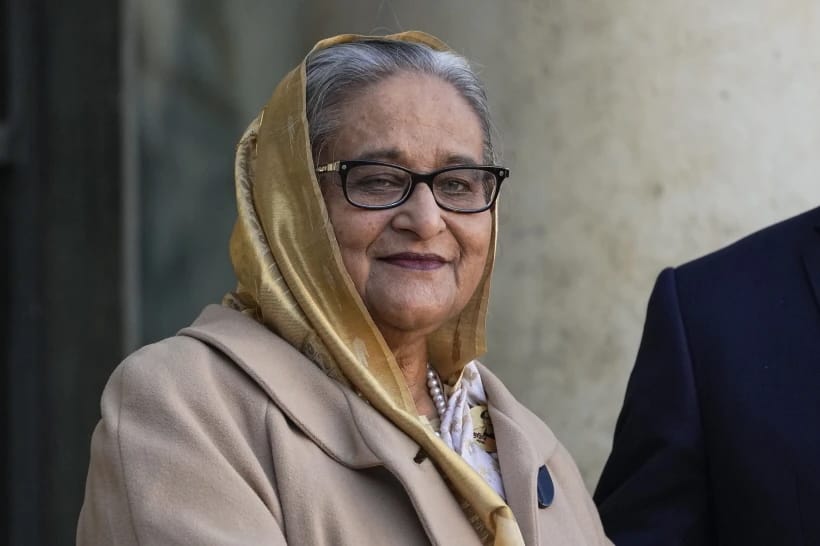
Bangladesh has been on an unsteady footing since Hasina’s ouster last August. Interim leader Muhammad Yunus has promised to punish Hasina and right the ship of state, but he has delayed plans to hold national elections and faced criticism for failing to move quickly enough on reforms.
He has also encountered problems of his own, including national strikes by government employees. Yunus’ administration ordered those employees back to work this week, Reuters reports, threatening “strict measures to protect the people and the national economy” if they stayed on strike.
Indonesia wins billions in foreign deals
Indonesia signed $27 billion in deals with Saudi Arabia on Thursday as President Prabowo Subianto visited the Middle East kingdom. Among the largest is an arrangement worth up to $10 billion between Indonesian sovereign wealth fund Danantara and Saudi firm ACWA Power, the state-run Saudi Press Agency reports. The Saudi company will explore investment in renewables with Indonesian state firm Pertamina, according to a press release.
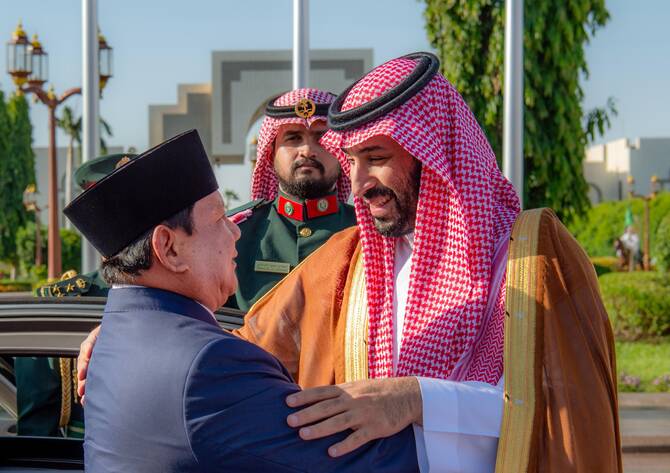
The same day, Indonesian companies said they would spend up to $34 billion more on US-made products, Reuters reports. Economic affairs minister Minister Airlangga Hartarto said the country intended to get a better deal than Vietnam. Indonesia has also dangled investment opportunities in critical minerals including nickel, copper and bauxite.
Back at home earlier in the week, Prabowo saw a previously pledged investment begin to come to fruition. Chinese battery giant CATL broke ground on a $6 billion complex on Monday. The project is expected to create 8,000 jobs, the company said.
Middle East
Saudi Arabia’s sovereign wealth fund profit slumps
Saudi Arabia’s sovereign wealth fund The Public Investment Fund this week said its 2024 net profit fell 60% to $6.9 billion, even as assets grew 18% to exceed $1 trillion, Reuters reports. PIF has major exposure to oil prices, being a large shareholder of Saudi state-owned oil giant Aramco.
Profits have also been dented by PIF’s sharp increase in borrowing to finance unexpected cost overruns and project delays in landmark Vision 2030 projects such as Neom. Group borrowing increased to around 570 billion riyals (about $152 billion.)
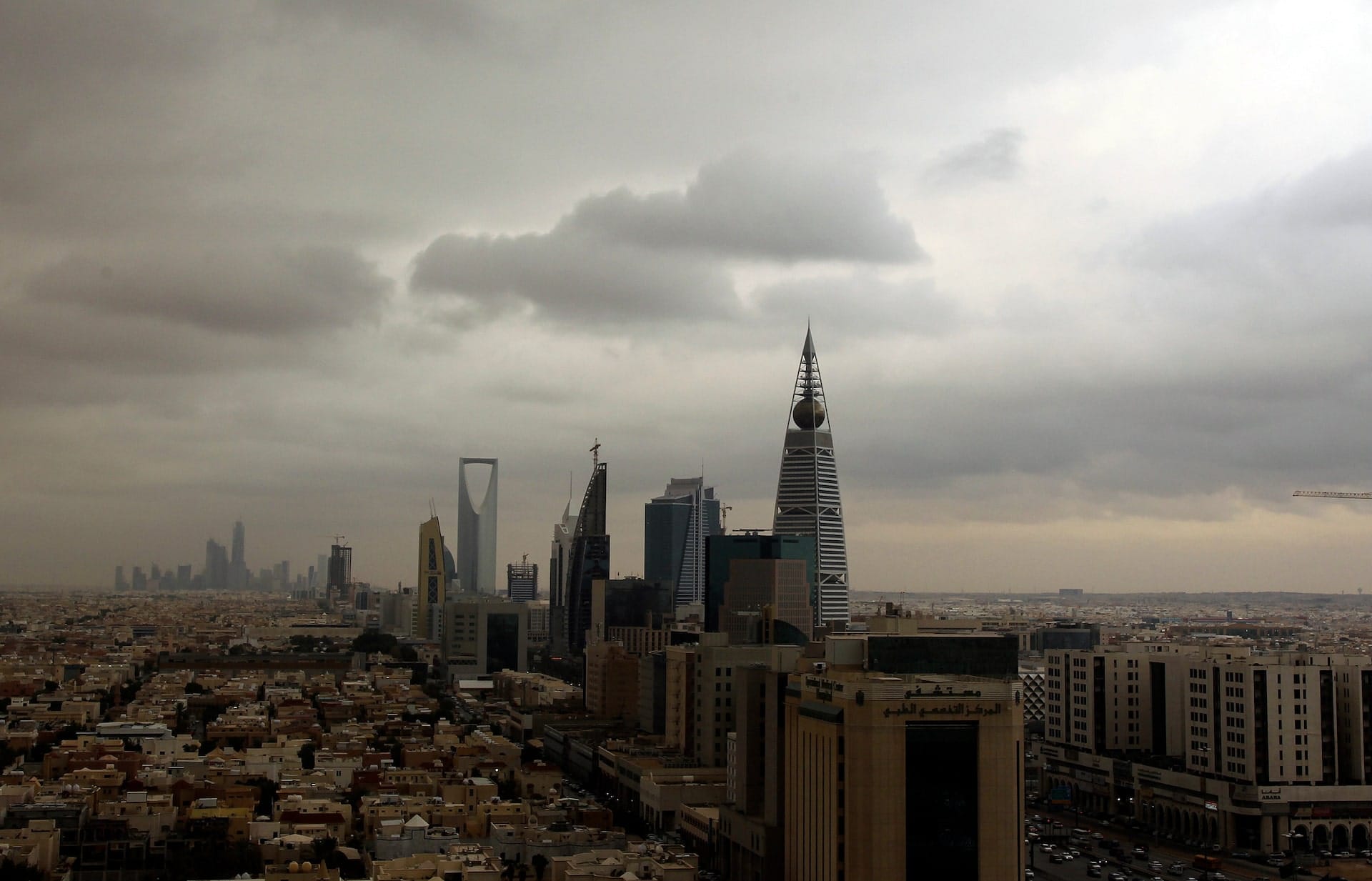
Although PIF last year announced a strategy pivot from foreign to local investment— especially high-tech venture capital—the fund’s foreign outflows have continued apace as expected FDI inflows have not materialized. Bloomberg reports this week that despite the fund’s vast pool of capital it is struggling to scale its investment in the tech sector as local startups are crowded out by public companies that receive priority by the PIF.
Iran to tap sovereign wealth fund to support economic recovery
Iranian state media reports this week that the government is planning on drawing down capital from the National Development Fund (NDF) and the Central Bank of Iran (CBI) to support the stock market after the so-called 12-Day War with Israel and the US triggered a rout in local equities. The Tehran Stock Exchange experienced significant declines and price volatility as investors withdrew $55 million after a pause in trading was lifted this week.
- Iran oil production booms despite sanctions and war (Bloomberg)
Iranian equities markets are largely illiquid and lack access to international capital markets, exacerbating the damage from the outflows.
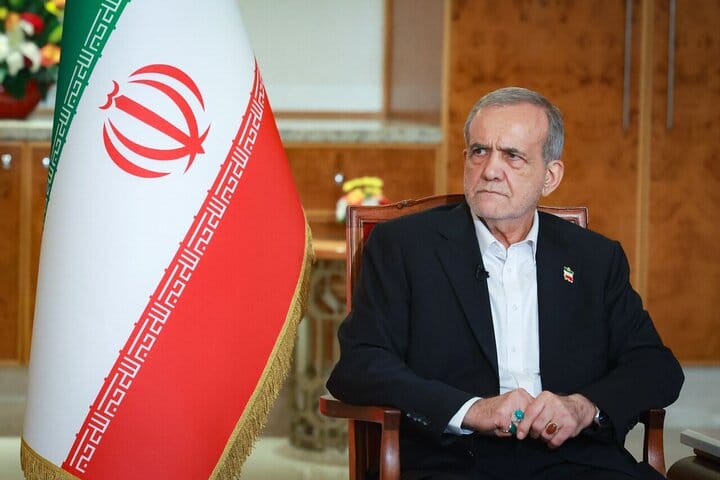
President Masoud Pezeshkian, in a bid to shore up economic support for Iran, this week attended a summit in Azerbaijan hoping to strike agreements breaking Iran’s economic isolation. With US sanctions still in place, however, it’s not clear where that support might come from.
Jordan marks progress in economic diversification plans
Jordan’s Cabinet this week approved a policy framework for developing local green hydrogen investments in partnerships with foreign developers as part of its effort to diversify its economy, Ammon News reports. As part of the move, Jordan’s energy, investment, and finance ministries will update investment incentives and financing arrangements in the Aqaba Special Economic Zone.
A joint project between the United Nations Development Programme (UNDP) and the Jordanian government, the Green Growth and Jobs Accelerator for small and medium sized enterprises, concluded its second phase this week as well, with 22 local firms receiving funding and technical assistance, Zawya reports.
Jordan is also keen to promote tourism and this week reported that arrivals increased 18% to 3.29 million in the first half of this year, the Jordan Times reports. Revenues for the tourism sector for the first five months of the year were up 16% year-on-year to about $3 billion.
Europe
Romania faces turmoil over austerity plan
Romania unveiled sweeping austerity measures to slash the EU’s highest budget deficit, triggering immediate protests from unions representing 600,000 public workers, BalkanInsight reports. Prime Minister Ilie Bolojan raised the main VAT rate from 19% to 21% and froze public sector wages through 2026 to cut the deficit from 9.3% of GDP to below 6% next year.
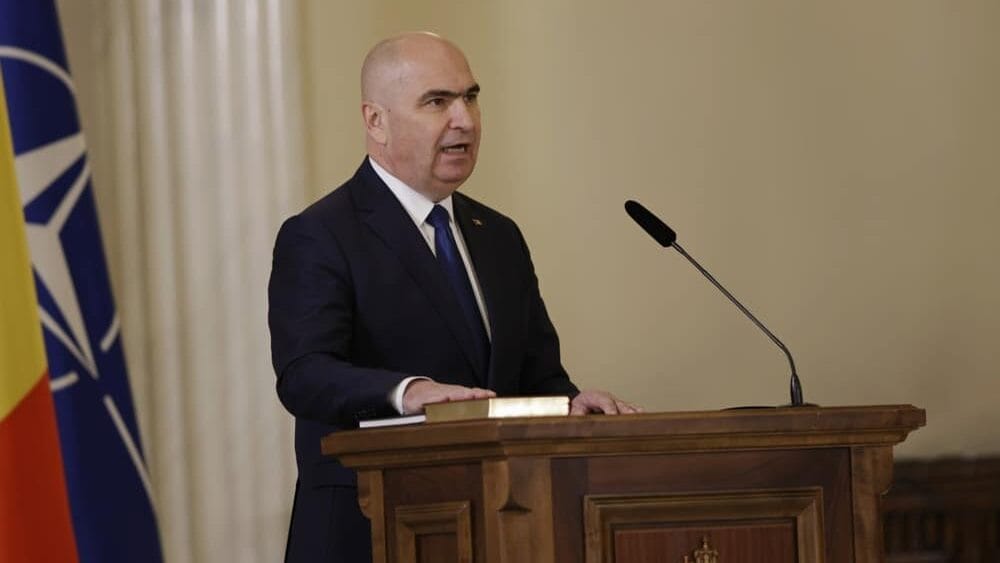
The measures also include higher excise duties on fuel and new taxes on bank profits and high-value pensions. Additional measures under consideration include eliminating 167,000 civil service jobs. Electricity market liberalization, which began on July 1, will double many households’ energy bills.
The government warned that Romania risked a credit downgrade to junk status without immediate action and aims to fast-track parliamentary approval next week. Business groups called for urgent talks to avoid economic destabilization, while unions announced strikes and protests.
Bulgaria experiences more pre-euro-adoption instability
Against a backdrop of protests against euro adoption, Bulgaria’s government survived its third no-confidence vote this week despite opposition accusations of fiscal mismanagement, local newspaper Novinite reports. The political instability comes as businesses face criticism for creating dual pricing practices that allegedly enable price manipulation and misleading euro-lev conversions.
Some banks have also sharply increased fees ahead of euro adoption, with one major institution raising service tariffs 53% since June. The final institutional steps to enable Bulgaria’s eurozone membership—European Parliament and council approval—are scheduled for July 8.
Latin America
US-Colombia ties fray as Bogata accuses Washington of assassination plot
The US and Colombia recalled their top diplomats on Thursday after Bogotá opened an investigation into an alleged American-backed plot to overthrow President Gustavo Petro, France24 reports. The US State Department said the allegations were “baseless and reprehensible.”
The fracas stems from leaked recordings published by Spanish newspaper El País suggesting former foreign minister Álvaro Leyva talked with US politicians about removing Petro. Colombia’s foreign minister Laura Sarabia resigned on Thursday morning, citing disagreements with the president. The diplomatic rupture threatens to unravel one of Washington’s most reliable Latin American partnerships.
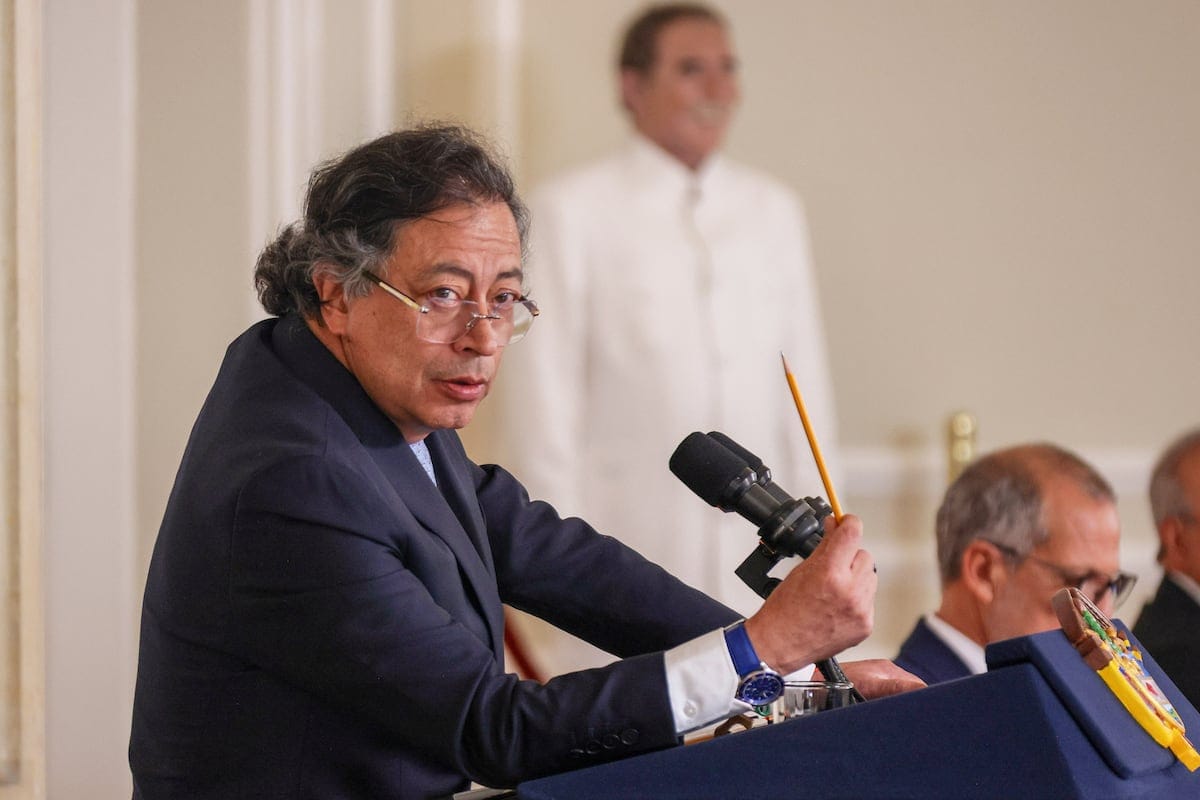
Colombia is currently exploring issuing up to $10 billion of Swiss franc-denominated debt to refinance costlier peso and dollar debt—an extension of the trend that FMN flagged last week in Uruguay. The strategy could cut the country’s debt service burden from 4.7% to 4.5% of GDP but exposes Colombia to currency risk if the peso weakens.
Argentine shale-led growth comes under threat from US court ruling
A US court ordered Argentina to surrender its 51% stake in state energy firm YPF within 14 days to help satisfy a $16.1 billion judgment over the company’s 2012 nationalization. The ruling threatens to undermine President Javier Milei’s plan to transform the country into a major oil producer through the Vaca Muerta shale boom.
Daily crude production from the Patagonian deposit has surged 28% to 442,000 barrels per day since Milei took office, with output forecast to exceed 1 million bpd within five years. The legal dispute stems from Argentina’s seizure of YPF from Spain’s Repsol without compensating minority shareholders, who were awarded damages in 2023.
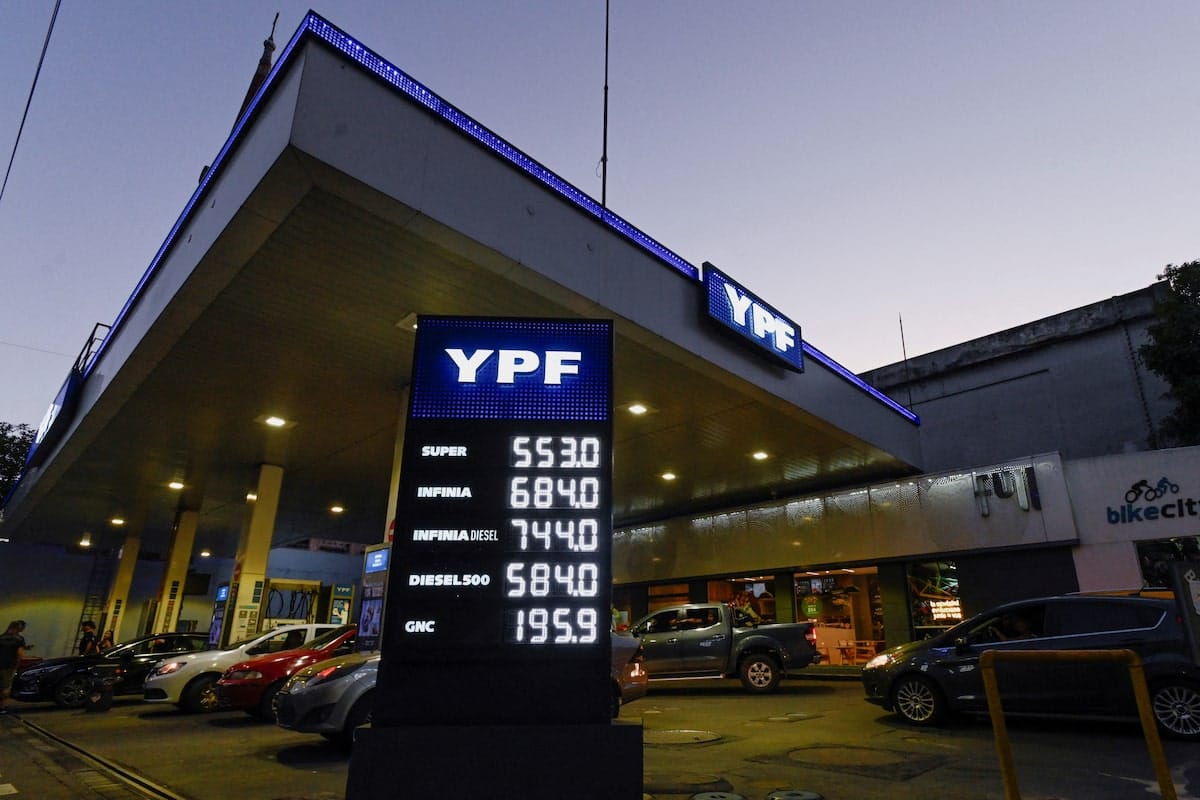
Milei’s government vowed to appeal the ruling to “defend national interests,” but the uncertainty could limit YPF’s ability to raise funds. Control of YPF is crucial for developing the world’s second-largest shale gas reserve, with the recent completion of a pipeline expansion expected to generate an $8 billion energy trade surplus this year.
Bolivian congress breaks into fighting over lithium deals
Bolivia’s congress erupted in violence on Thursday as lawmakers brawled over $2 billion worth of lithium contracts with Chinese and Russian firms, Reuters reports. Energy minister Alejandro Gallardo was doused with water and pelted with garbage as opposition lawmakers demanded better terms for the country’s vast lithium reserves.
The chaos reflects a new anti-Chinese/Russian angle to Bolivia’s deepening economic crisis, as inflation hit 24% in June—the fastest pace in over 30 years—ahead of August elections, Bloomberg reports. President Luis Arce’s approval rating has collapsed to 7.4% as dollar shortages, fuel scarcity and mass protests organized by former president Evo Morales supporters paralyze the country.
Global Macro
FM stocks post best year start since 2007
Frontier market stocks delivered their strongest first-half performance in 18 years, with MSCI’s 25-country gauge surging 17% through June—far outpacing the S&P 500’s gain. The rally was supported by a 9% decline in the dollar, which reduced import costs and made frontier assets more attractive to investors seeking alternatives to volatile US markets, Bloomberg reports.
Vietnam and Morocco led gains, with Vietnamese real estate developer Vingroup up over 130% and Moroccan steel maker Sonasid rallying 160%. Ghana’s shares became the best global performers in dollar terms after the cedi appreciated 42% on government reforms and higher commodity prices. Zambia’s market hit a record with a 31% local currency gain following debt restructuring.
Strategists expect continued gains as frontier markets trade at 9.8 times forward earnings versus 13.5 times for broader emerging markets. Many frontier nations benefit from being “tariff-resistant” and insulated from global trade tensions while enjoying lower oil import costs.
What We’re Reading
Guinea’s bauxite exports surge 39% (Reuters)
IMF approves the third review of Ethiopia’s $3.4 billion loan program (Reuters)
Tourism slump crimps Kenya economic growth (Bloomberg)
Kenya plans privatization program to attract investment (Reuters)
Corruption and illicit financial flows cost Kenya up to $1.5 billion/year (Bloomberg)
More than ⅓ of Tuvalu citizens to seek Australia’s climate visas (NYT)
Thai PM suspended (The Economist)
Malaysia’s 1MBD liquidators sue Standard Chartered for $2.7bn (WSJ)
Iranian hackers target Albania in retaliation for hosting dissidents (Politico)
Poland’s clean energy usage overtakes coal for first time (FT)
Poland will temporarily reinstate border controls with Germany and Lithuania (AP)
US halts Ukraine-bound weapons already staged in Poland (Kyiv Independent)
Moldova pushes for EU entry assurances (Politico)
Dominican Republic and Ecuador sign pact to boost trust in digital transactions (Dominica Today)
Ecuador suspends oil exports after pipeline shutdown (AFP)
Peruvian crackdown on illegal mining prompt protests (Yahoo News)
Chile cuts mining permitting times by up to 70% (Mining.com)
We are committed to providing FMN readers with a free weekly digest of politically unbiased, succinct and clear news and information from frontier and small emerging markets.
Please consider becoming a paid supporter to help cover some of our costs and support our continued development of sharp markets-focused coverage and new informational products. Paid subscribers will also gain exclusive access to our quarterly EM/FM report that aggregates EM insights from 25 major banks, international institutions and consultancies.





